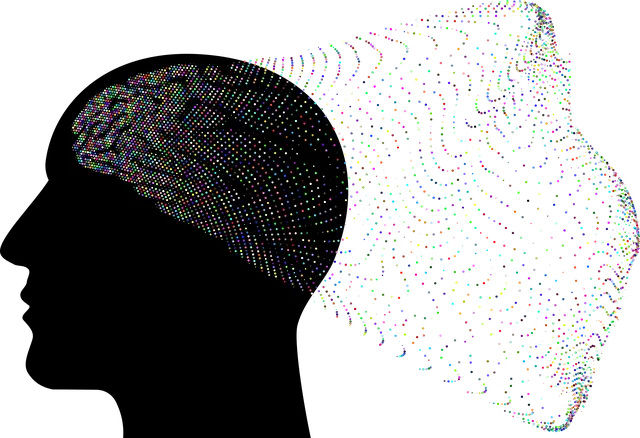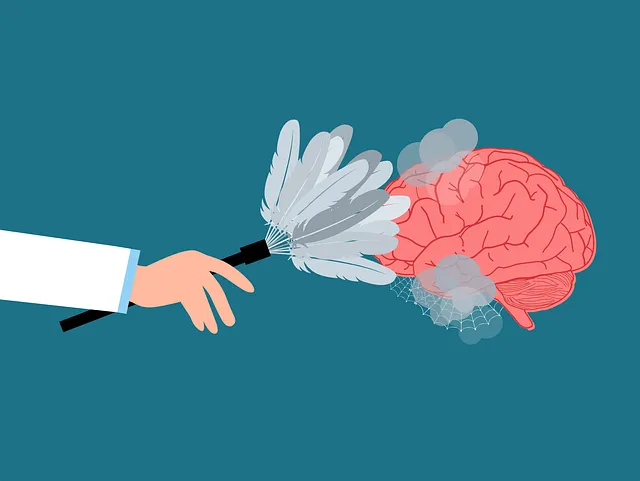Kaiser, a leading healthcare provider in Arvada, offers comprehensive and culturally sensitive mental health services through innovative outreach programs that bridge the gap between care and diverse populations. By focusing on local needs, providing training in cultural competency, and fostering partnerships, Kaiser enhances access to effective emotional healing processes tailored to specific community requirements, ultimately boosting overall well-being. These strategies ensure that mental health support resonates with local cultures and addresses unique Arvada community challenges, such as determined through Mental Health Policy analyses.
“Community outreach programs play a pivotal role in enhancing healthcare accessibility, particularly for underserved populations. This article explores the multifaceted benefits of such initiatives, highlighting successful strategies that organizations like Kaiser can employ to improve mental health services. With a case study focusing on Kaiser’s efforts in Arvada, we delve into actionable steps to engage local communities, fostering support networks and ultimately improving public health outcomes, especially in mental wellness.”
- Understanding Community Outreach Programs: Benefits and Strategies
- Kaiser's Role in Mental Health Services: A Focus on Arvada
- Implementing Effective Outreach: Steps to Engage and Support Local Communities
Understanding Community Outreach Programs: Benefits and Strategies

Community outreach programs play a pivotal role in connecting healthcare services to diverse populations, including those offered by organizations like Kaiser for mental health support in Arvada. These initiatives extend beyond traditional clinic walls, bringing essential resources directly to communities where they are needed most. By implementing well-structured outreach strategies, healthcare providers can significantly enhance access to care and improve overall community well-being.
Outreach programs offer a multitude of benefits. They foster trust and understanding between healthcare providers and diverse communities, ensuring cultural sensitivity in mental healthcare practice. These initiatives also empower individuals by providing educational resources and coping skills development opportunities tailored to their unique needs. For instance, Kaiser’s efforts in Arvada focus on delivering not just medical services but also promoting emotional healing processes that resonate with the local culture, making mental health support more accessible and effective.
Kaiser's Role in Mental Health Services: A Focus on Arvada

In Arvada, Kaiser stands out as a prominent healthcare provider, offering comprehensive mental health services that cater to diverse community needs. The organization’s commitment to mental wellness is evident through its tailored programs and initiatives designed to address local challenges.Kaiser’s role in Arvada goes beyond traditional medical care; it actively fosters cultural competency training for its staff, ensuring they can provide sensitive and effective support to a wide range of individuals. This focus on cultural sensitivity empowers the healthcare provider to connect with patients from various backgrounds, understanding their unique perspectives and needs.
Moreover, Kaiser incorporates innovative Stress Reduction Methods as an integral part of its mental health services, recognizing that stress is a pervasive issue in modern life. By implementing these methods, Kaiser helps residents of Arvada cultivate resilience and coping mechanisms, ultimately enhancing their overall mental wellness. This holistic approach not only addresses immediate concerns but also aims to build long-lasting strategies for managing mental health effectively within the community.
Implementing Effective Outreach: Steps to Engage and Support Local Communities

Implementing effective community outreach programs is essential for organizations like Kaiser to engage and support local communities, especially when offering mental health services in Arvada. The first step involves understanding the unique needs and challenges faced by the community. This requires conducting a thorough Mental Health Policy Analysis and Advocacy, considering local cultural nuances and economic factors that might impact access to care. By integrating Emotional Well-being Promotion Techniques tailored to the specific needs of Arvada residents, Kaiser can ensure its outreach efforts resonate with the target population.
Effective engagement also involves building strong partnerships with local stakeholders, including community leaders, schools, and other healthcare providers. Risk Assessment for Mental Health Professionals is crucial to ensuring safe and culturally sensitive service delivery. Through these collaborative efforts, Kaiser can create a supportive environment that promotes open conversations about mental health and empowers individuals to access the services they need, ultimately improving the overall well-being of the Arvada community.
Community outreach programs, as demonstrated by Kaiser’s efforts in Arvada, play a pivotal role in enhancing access to essential mental health services. By employing strategic initiatives and tailored approaches, organizations like Kaiser can effectively engage and support local communities, addressing mental health disparities and fostering well-being on a broader scale. This article has outlined key benefits, strategies, and steps for implementation, highlighting the positive impact these programs can have on society. In light of Kaiser’s successful model in Arvada, it’s evident that such initiatives are not only possible but also highly beneficial in ensuring everyone has access to quality mental health care.






